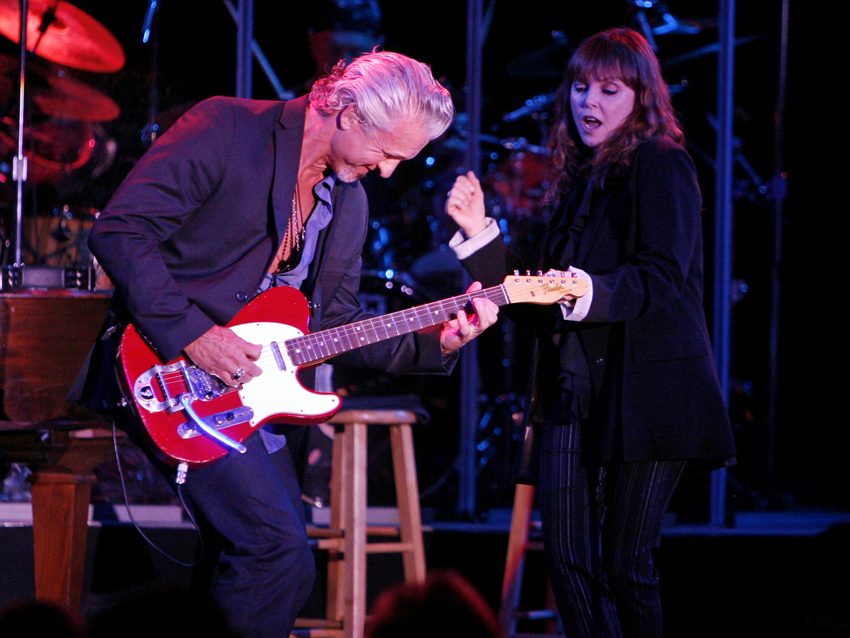
Neil Giraldo picks 10 essential guitar albums
Although he’s distinguished himself as a skillful keyboardist, songwriter and producer, Neil Giraldo first made the world take notice with his rhapsodic guitar playing on a boatload of Pat Benatar smashes. (Ms. Benatar, it should be noted, clearly knows a good thing when she sees one: not only has she collaborated with Giraldo since 1979, but their marriage three years later remains one of show business' longest-lasting unions.)
Giraldo's love affair with the guitar stretches back even further. Born in 1955 in Cleveland, Ohio, he picked up the instrument at the age of six. Thanks to his musically savvy Uncle Tim, only four years older, Giraldo was introduced to records by British Invasion groups like The Rolling Stones, The Kinks and The Who, among others.
"Timmy was more like my brother than my uncle," Giraldo says. "He had it all going on. He took me to concerts and exposed me to all the great bands of the '60s. And, of course, all of those bands had some amazing guitar players."
Giraldo honed his formidable chops by playing along to his uncle's albums, but he also developed a philosophy about what made a great guitar record; that the meaning behind a note being played is more important and revealing that the note itself. "It gets into your relationship with the guitar and how you interpret the instrument," Giraldo explains. "I always thought that you can tell a lot about a person by the way he or she plays an instrument – or what they listen to. Great guitar records are ones where you get inside musicians' hearts and souls."
On the following pages, Giraldo runs down his choices for what he considers to be 10 essential guitar albums (listed alphabetically by artist), a list that he admits could be subject to change at any given time. "Naming 'the best' or 'the greatest' can be tricky," he says, "because the the next day it's like, ‘Oh, man, I forgot so-and-so!’" But I do think it can instructive for young guitarists to know what successful players have listened to; maybe it can help them dig back and discover something they might have missed.”
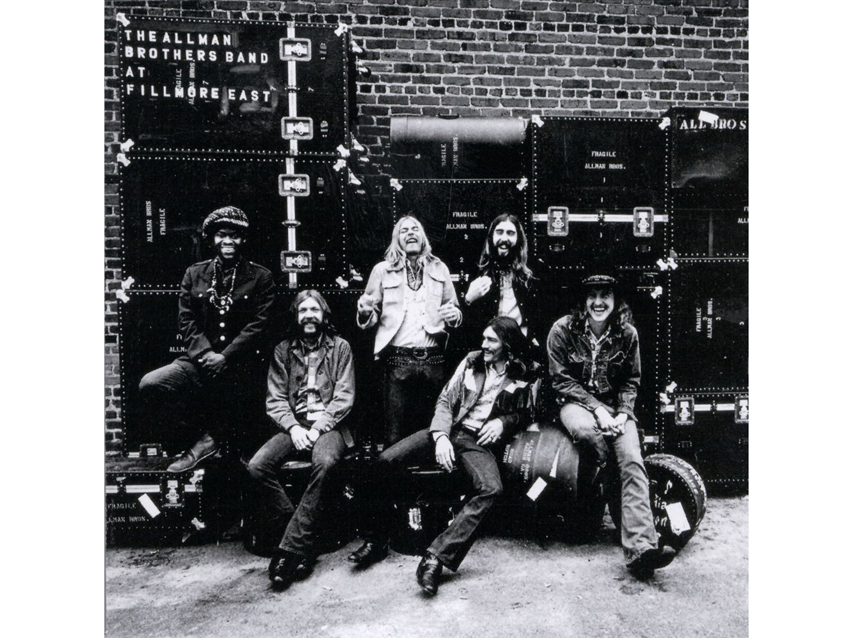
The Allman Brothers Band - At Fillmore East (1971)
“When you first start playing in bands, usually you have two guitar players. The Allman Brothers, to me, fit the description of what a two-guitar band should be. You’ve got Duane Allman and Dickie Betts – two unbelievable players. Solos and harmonies that just stay with you forever.
“This was a very influential album for me. There’s such a rootsy blues edge in what they were doing; they were pulling from Muddy Waters, Sonny Boy Williamson – the masters. I don’t know if I realized it at the time, but it had a profound impact on me.
“There’s a lot of jammin’, improvisation and tremendous soloing. For guitar players who want to really dig in and play melodically – it’s not shredding per se – there’s so much to work with here.”
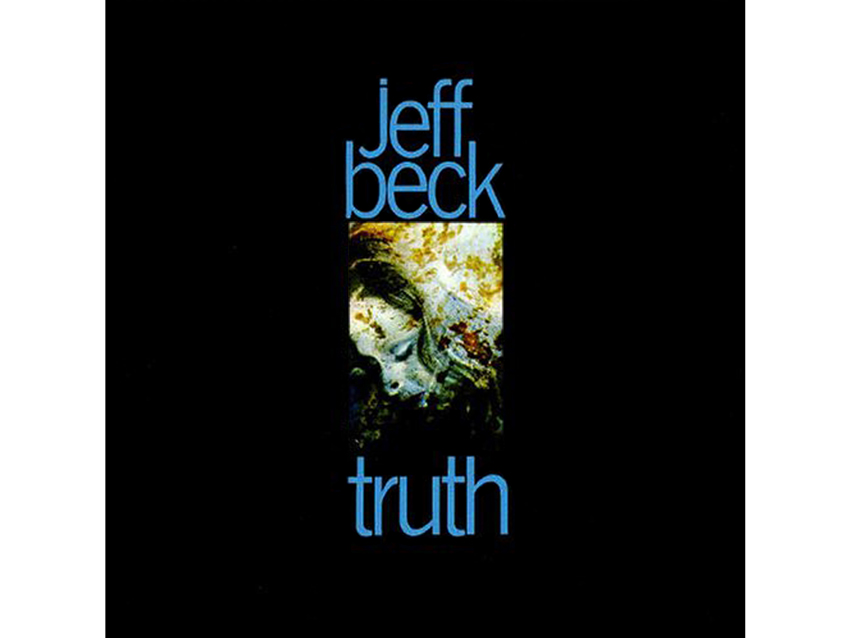
Jeff Beck - Truth (1968)
“Uncle Timmy got this record for me. He would buy all of these things and say, ‘Here, listen to this.’ It was great. So I put on Truth, and it blew me away.
“I figured out Shapes Of Things pretty quickly. I remember I couldn’t wait for him to come back from school so I could play it for him. I sat him down, played him what I had, and he said, ‘No, that doesn’t sound like Jeff Beck.’ I was like, ‘What do you mean?’ And he said, ‘It doesn’t have the same tone. I think you need to get a fuzztone.’
“So I saved some money, went to the music store and got a Segovia Fuzztone. I played it for him with the fuzz, and he went, ‘Ahhh, now that sounds like Jeff Beck!’ It was pretty cool.
“Part of Jeff’s thing, for me, was his attack on this record. The way he played Let Me Love You just ripped your head open. That really got me, his physical way of getting into the notes. It wasn’t so much about melody, it was about aggression and attitude.”
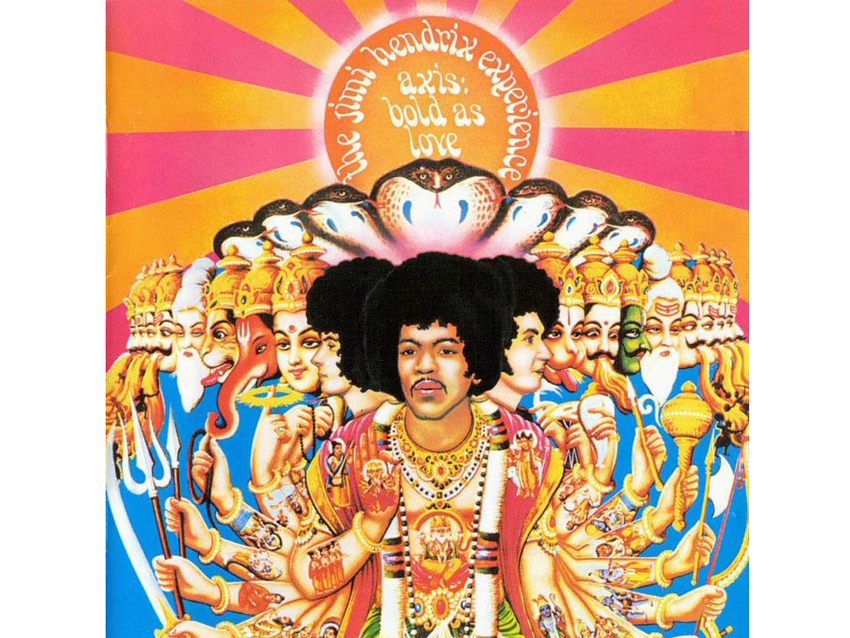
The Jimi Hendrix Experience - Axis: Bold As Love (1967)
“There’s tons of melody, but the in-the-pocket rhythms are really stunning. This isn’t just screwing around, this is beautiful feel and tone. I wasn’t such a big fan of Jimi went he went off on some of those longer jams a couple of years later, but his playing on this record is concise and perfect in every way.
“Jimi was a brilliant songwriter, and he wove the guitar into his songs – he wasn’t just soloing for the sake of showing off. Spanish Castle Magic and You Got Me Floating are amazing compositions. A great, great album.”
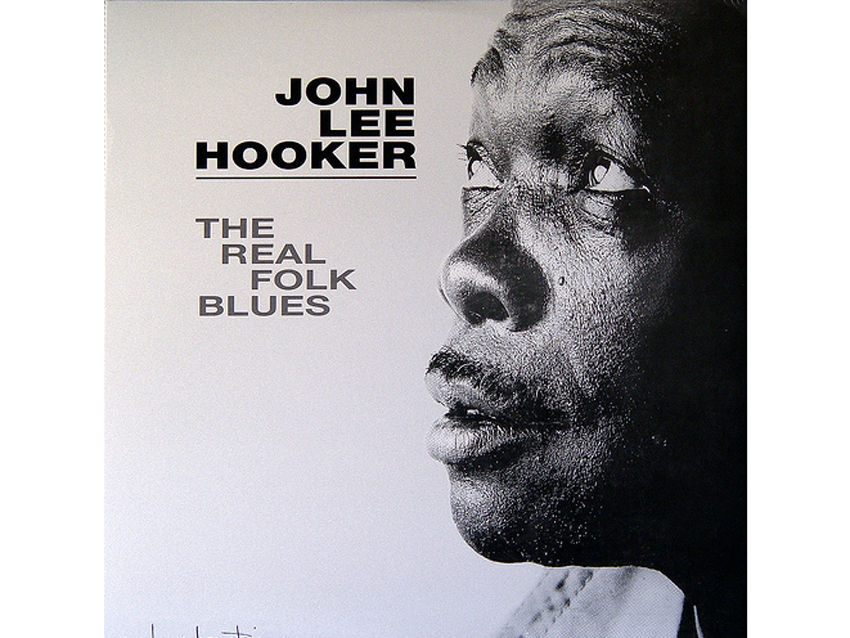
John Lee Hooker - The Real Folk Blues (1966)
“When I was a kid, I’d get these packs of singles from Woolworth’s. You’d get 10 45s wrapped in a bundle. You knew what was on top and what was on the bottom, but you wouldn’t know what was inside. If I was a good kid, my mother would buy me a pack, and I’d listen to everything that was inside. In one pack was John Lee Hooker. I had no idea who he was at the time, but I liked him.
“His record Real Folk Blues is incredible. It has I’m In The Mood, which was sort of a single for him, along with The Waterfront, which was so spooky and eerie; and then there’s Stella Mae, another great one.
“The way he plays guitar is so interesting: sometimes he plays bars of two, bars of six – he’s all over the place. But the soul of his singing and guitar playing matches beautifully. This is a great record for a guitar player to listen to because you can understand how two voices fit so well. He’s not about making the notes sound perfect; it’s more about what happens behind each note. Heart and soul – this stuff really gets me.”
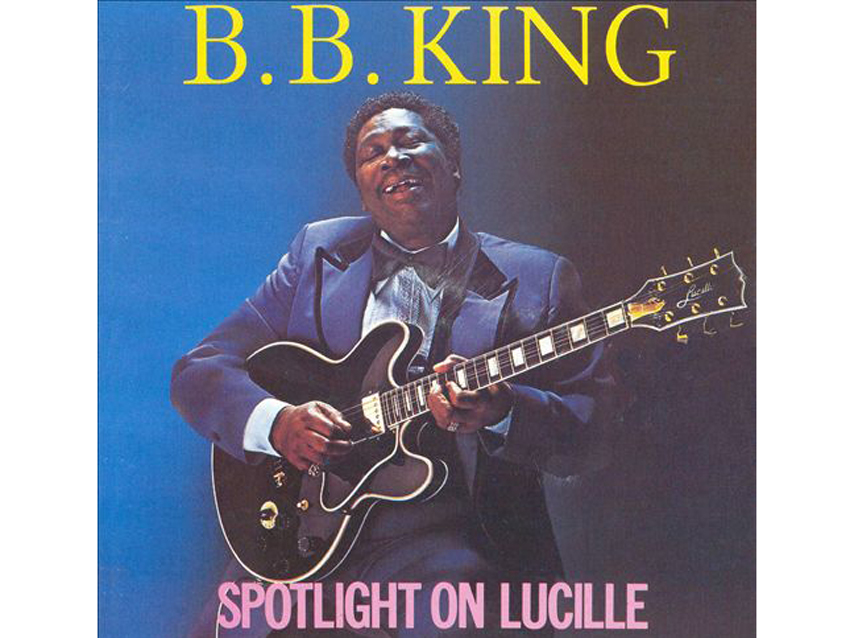
BB King - Spotlight On Lucille (1991)
“This is a sensational record for anybody who wants to play the blues, especially swing-style blues. It’s all instrumental, and BB and his band sound absolutely fantastic.
“It reminds me of the Count Basie Orchestra in that it’s really smooth, and the horns are so in the pocket. BB’s guitar playing fits into the scheme of things so well. He doesn’t ever repeat the same thing, which is pretty remarkable. Every note and solo is unique; there’s so many ideas that he brings out, and his bends and pulls are just spot on.
“What’s more – you can hear so much love coming from BB’s guitar playing. Everything he does, pure love just pours right out of him. When we did the True Love record, I tried to pattern some of my playing after what BB does here. I listen to this record all the time. It’s a fantastic Sunday mornings album – even my kids love it.”
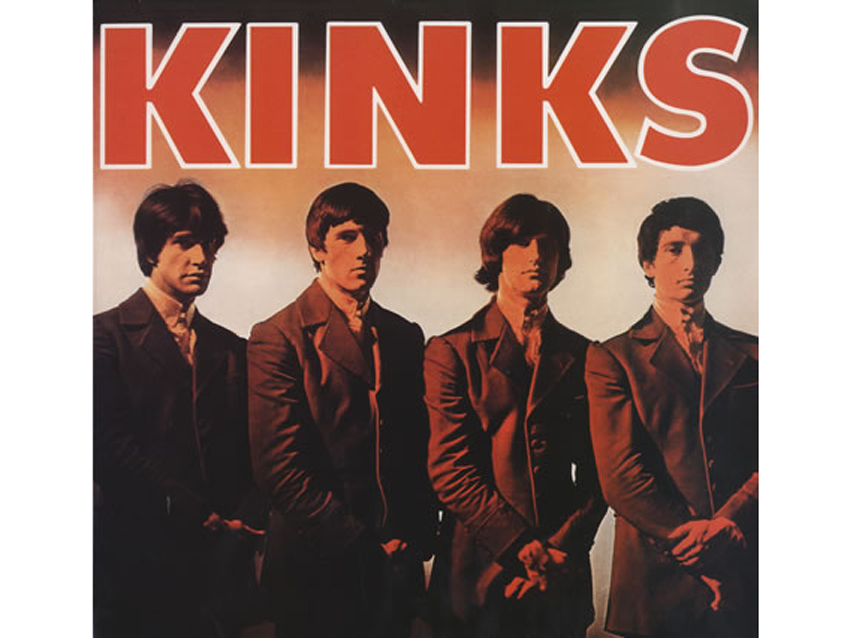
The Kinks - Kinks (1964)
“When a lot of people think ‘guitar,’ they tend to think about single notes, but I’m really into chords and how you attack the instrument. This record gets into that, especially with something like You Really Got Me – from the second that song starts out, you know something is happening.
“I've always loved The Kinks. What's funny is, they didn’t have whole albums of things like You Really Got Me. They would do Chuck Berry covers and things like that. Those were cool, but I liked their originals more. My uncle played me this record, and man, it made so much sense to me.
“There’s a lot of pre-punk attitude to the guitar sound and the chord changes. You listen to a guy like Jack White, and it seems as though he’s pulling from that kind of stuff. There’s definitely some cool overdriven, distorted guitar on this first Kinks album.”
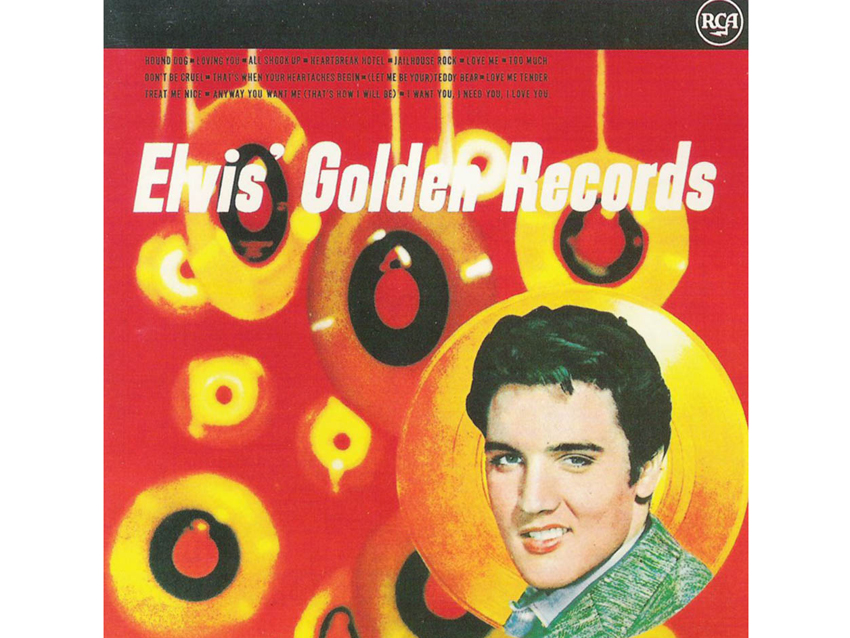
Elvis Presley - Elvis' Golden Records (1958)
“When I was really young, my mother would play Elvis Presley records. She was a huge Elvis fan. We had the big hi-fidelity system, so these records sounded amazing. Elvis’ voice was really powerful, but something about the sound of Scotty Moore’s guitar playing really got to me, even as a kid.
“Scotty played a lot of seventh chords, and he had the rockabilly thing going on – it was great. When I play something like Love Is A Battlefield, I hear Scotty Moore coming out. I do little bends like he did, and I throw in some seventh chords. He was very inspiring.
“Heartbreak Hotel is so dark and mesmerizing. There’s not a lot going on – the instrumentation is minimal – but it has everything you need, and the guitar playing is very effective. Scotty really stands out.”
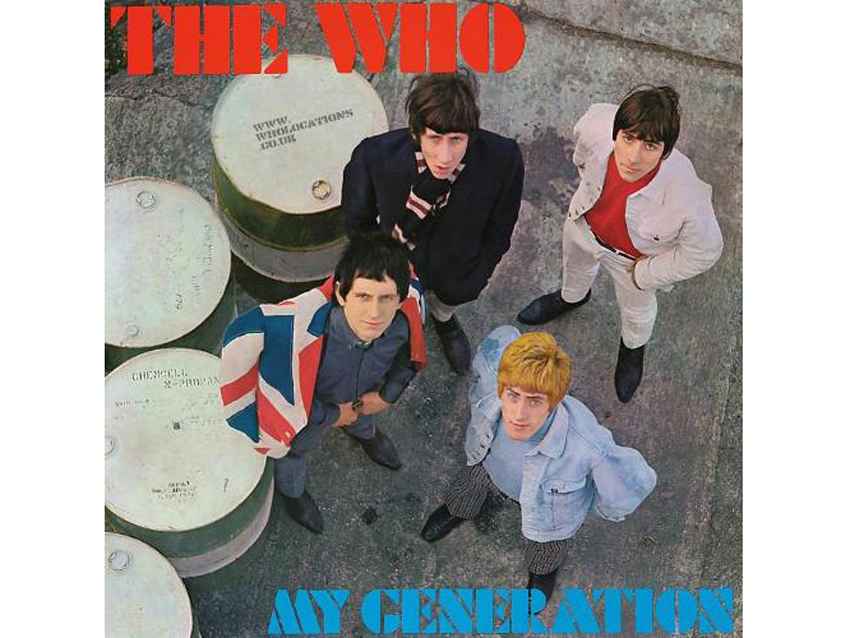
The Who - My Generation (1965)
“I saw The Who as a kid, and they totally ripped my brain in half. I was such a fan. When you think about three-note chords, you have to give it up for Pete Townshend. He was such a genius and pioneer in that regard. A lot of my playing has incorporated three-note chord changes, and it all comes from Townshend.
“My Generation is amazing. Just that song itself, which is a classic, it’s got a stuttering vocal, amazing lyrics and Pete’s super-energetic guitar playing. It’s the best, man!
“Another thing that’s interesting is to hear the influence that Brian Wilson had on Pete Townshend. The vocal harmonies on this record are gorgeous, and they really stem from him listening to the Beach Boys.”
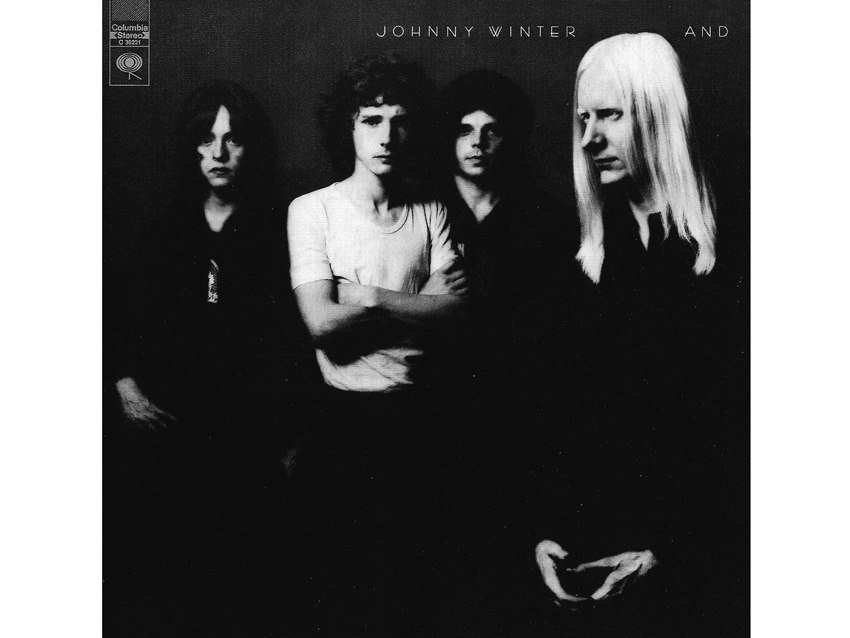
Johnny Winter - Johnny Winter And (1970)
“This is Johnny Winter and Rick Derringer. I had heard a lot of Rick’s playing on vinyl, but when I ended up playing with him in ’77, ’78, and I was standing with him and trading licks one-to-one, I realized that he’s one of the greatest guitarists on the planet.
“This record has such a wealth of incredible music, but for a guitar player, it’s gold. Great melodies, rhythm parts, solos – you can sit down and play to it, but it’s not a technical exercise; there’s fantastic songs here, as well.
“Rick is on one side, one speaker, and Johnny is on the other, so you feel as though you’re in the band with them. A very cool experience.”
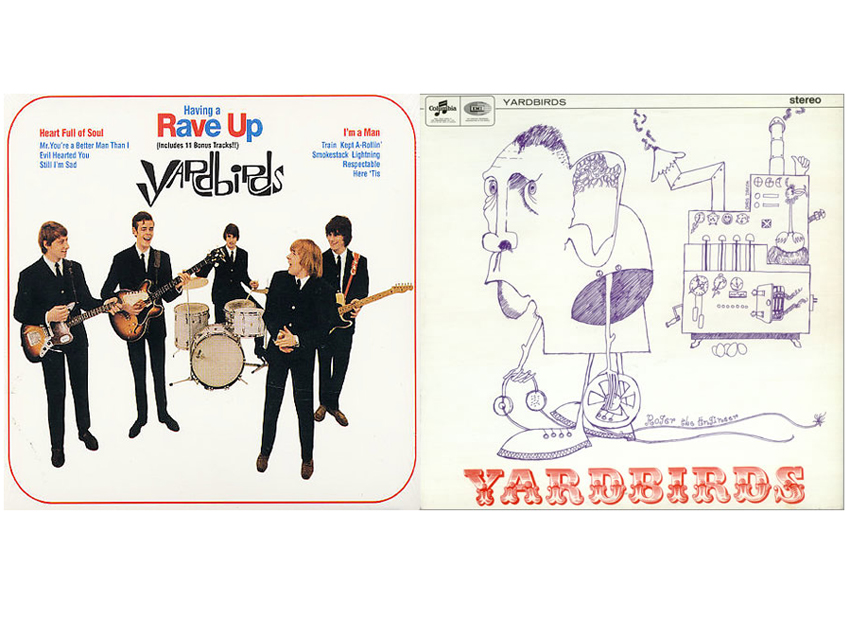
The Yardbirds - Having A Rave Up (1965) and Roger The Engineer (1966)
“I love wild, out-of-control guitar players, guys who sound as if they’re going to explode at any minute. To me, there's such beauty in taking chances and really letting loose. That's what I get from The Yardbirds’ versions of The Train Kept A-Rolling and Smokestack Lightning – they're just insane.
“English people have a way of twisting genres. The way these guys pulled American blues and made it their own is extraordinary. They took it somewhere and mixed in the psychedelic thing that was just starting out, and they invented a new sound.
“Over Under Sideways Down – is there any better single-line riff in the world? I don’t think so. It’s crazy! And Jeff’s Boogie? I sat there and tried to figure it out – just beautiful guitar work. When my Uncle Timmy and I put our first band together, The Nazz Are Blue was the first song we learned. Even today, when he comes to see me play, he tells me, ‘You gotta put The Nazz Are Blue into a song,’ and I always do. It doesn’t matter what song we’re playing – I find a way to slip it in.
“Unbelievable riffs, licks and solos on these records. I think this is some of Jeff Beck’s best work. People love Blow By Blow and his solo records, but for my money, it lies with Truth and The Yardbirds period.”
Joe is a freelance journalist who has, over the past few decades, interviewed hundreds of guitarists for Guitar World, Guitar Player, MusicRadar and Classic Rock. He is also a former editor of Guitar World, contributing writer for Guitar Aficionado and VP of A&R for Island Records. He’s an enthusiastic guitarist, but he’s nowhere near the likes of the people he interviews. Surprisingly, his skills are more suited to the drums. If you need a drummer for your Beatles tribute band, look him up.
